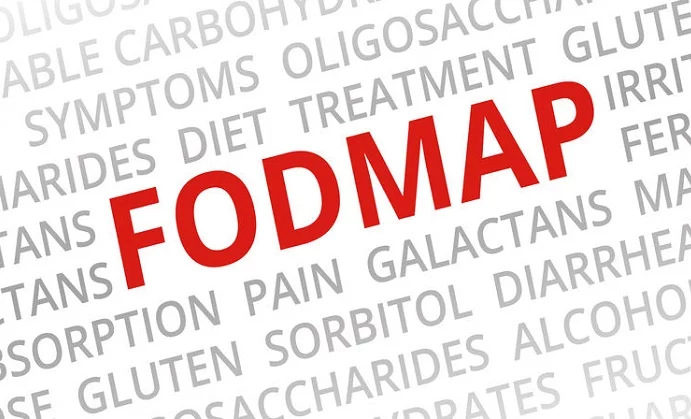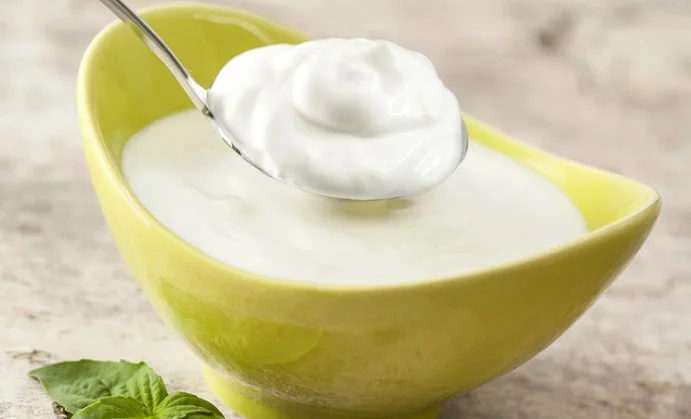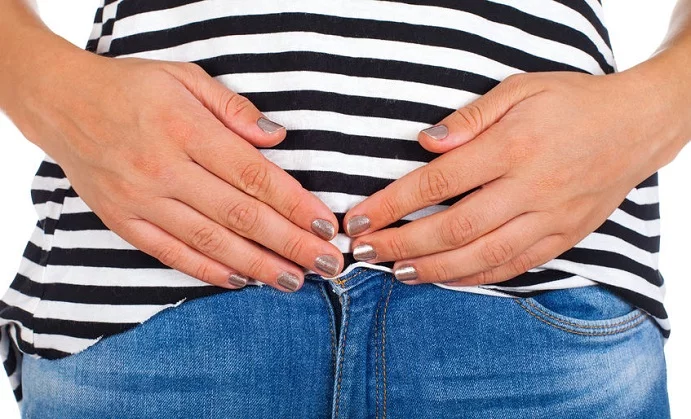The diet of individuals who suffer from irritable bowel syndrome (IBS) is quite different to those who don’t. Those who suffer from IBS are often restricted in what they eat because certain foods can set off the symptoms of bloating, discomfort and abdominal pain associated with the condition. It may also be difficult for the affected individuals to predict which foods may trigger the symptoms of their IBS. That is why many dieticians and physicians agree that all those who suffer from IBS should try the low FODMAP diet.
What Is FODMAP?
Low FODMAP means low fermentable oligosaccharides, disaccharides, monosaccharides, and polyols. These terms, which are just very fancy ways of describing carbohydrates which aren’t absorbed well, often startle patients so many health professionals refer to a list of foods which are accepted on this diet and those which aren’t. This article provides a simple overview on the kinds of foods best suited to the low FODMAP diet.
Foods To Avoid
Lactose, a disaccharide, is found in dairy, from milk to ice cream. It can be quite difficult for the intestine to handle and some people are completely intolerant to it. Therefore, it is better to replace all dairy with lactose-free alternatives and non-dairy milk such as soy milk or rice milk. A small amount of dairy can be consumed on the low FODMAP diet, mostly in the form of hard cheeses, brie and camembert, but in limited quantities.
Fructose, a monosaccharide, commonly found in fruits, and very high in fruit juices, can also cause strain on the intestine. Apples and pears are very high in fructose and should be minimized. However, there are fruits which are low in fructose, such as bananas, blueberries, and citrus. It is obviously better to eat more fruits which are lower in fructose and to avoid fruit juice.
Artificial sweeteners are no better. They often fall into the class of polyols. These are incredibly difficult to break down and may likely contribute to the symptoms experienced with IBS. The low FODMAP diet recommends natural sugars, such as honey (in moderation) instead.
Green leafy vegetables, known as cruciferous vegetables are known to contribute to bloating and gas production. These vegetable include cabbage, broccoli and Brussel sprouts. Of course, it would be unwise to avoid these altogether, so rather limit consumption to a few times a week and consume more carrots, squash and sweet potato (or any other non-cruciferous vegetable).
Lastly, legumes, which include all sorts of beans, are known for their role in gas production. The diet recommends other filler starches, such as rice, quinoa, and tapioca.
Many doctors believe that a correct diet and lifestyle, when living with IBS, can reduce symptoms without the help of medication. Other suggestions include avoidance of smoking, caffeine and alcoholic beverages, which essentially equates to living a healthy lifestyle, as is recommended for any individual. A little bit of effort aimed toward small, healthy life choices on a daily basis can really shift your quality of life, and leave you feeling well and in control again.
Do you want to find an effective IBS treatment? Check out our top rated IBS products












